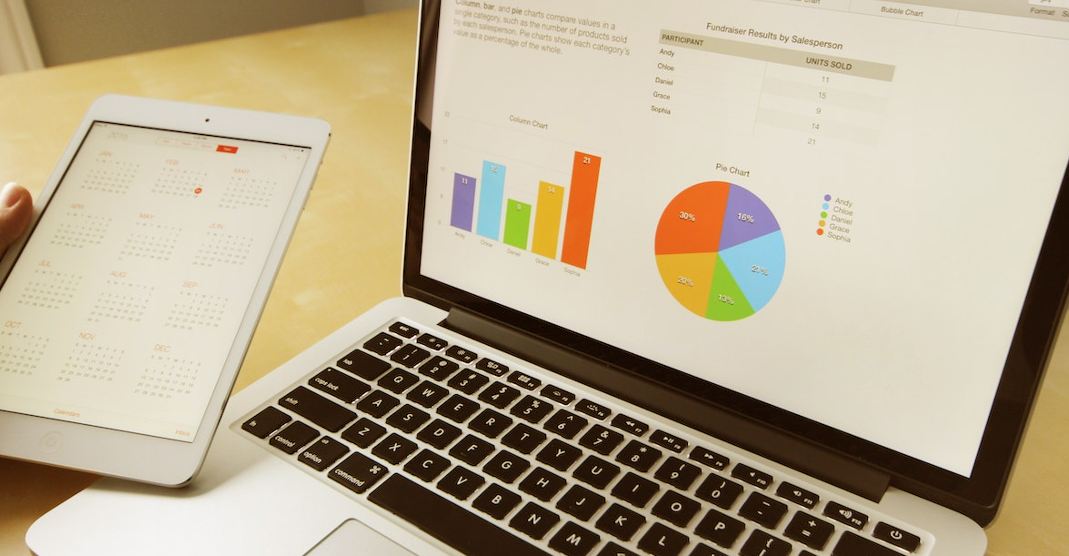Due to the continued piling up of data year over year, several organisations face a hard time in managing their data, which is why data entry outsourcing is done with the data cleansing companies. Here, we have stated the most important stages involved in data cleansing:
- Remove irrelevant/duplicate data
- Remove structural errors
- Filter data outliers
- Deal with the missing Data
- Validate via Q/A
Step 1 – Remove irrelevant/duplicate data
Based on the analysis you will be running on a particular set of data, filter our irrelevant and de-duplicate entries or values. Duplicate entries may happen during data collection. When a data cleansing company receives data from multiple or different departments, there are chances of irrelevant or duplicate data collection. Streamline your data cleansing methodology and keep the ‘removal of irrelevant and duplicate data’ as the first step in it.
Step 2 – Remove structural errors
Structural errors occur because computers and machine learning cannot identify errors such as naming conventions, capitalization mistakes, typos, word usage, etc. They are pretty clear to humans though. Structural errors can be avoided by implementing proper analysis techniques. For example, you may see ‘men’ and ‘boys’ in different categories on a system. Things as such need to be normalized for the machines to understand.
Step 3 – Filter data outliers
You need to figure out what kind of analysis you are running and what will happen if you decide to keep or delete an outlier. Outliers may sway your analysis in a particular direction if not handled carefully. An outlier should be either kept or removed, depending upon the outcome of the data analysis. It won’t be right to say that the outliers usually affect the performance severely. Their irrelevance and validity need to be analysed before removing any of them.
Step 4 – Deal with the missing data
Data cleansing companies have plenty of ways to deal with the missing data. You can scan the data in a cleaning programme in order to locate the missing columns, cells, blank spaces, spaces, etc. The reason could be either a human error or incomplete data. You need to fill in the missing data with your observations. Do not fill anything based on your assumptions and risk losing the integrity of the cleaned data. Try to figure out a way with an in-depth analysis of the data. You can also consider restructuring your data if you do not want the missing values to affect your analysis.
Step 5 – Validate via Q/A
After concluding the data-cleansing process, one must be able to answer the following questions as a part of validation:
– Does the data make sense?
-Is the data in accordance with the appropriate rules for its field?
-Does it bring to light any insight?
-Can you find trends in the data to help you develop your next theory?
-Is there any issue with the quality of data?
After data entry outsourcing, verify that your data is regularly checked and clean enough for your needs. You can cross-check the corresponding data points to make sure that nothing is missing or inaccurate.

